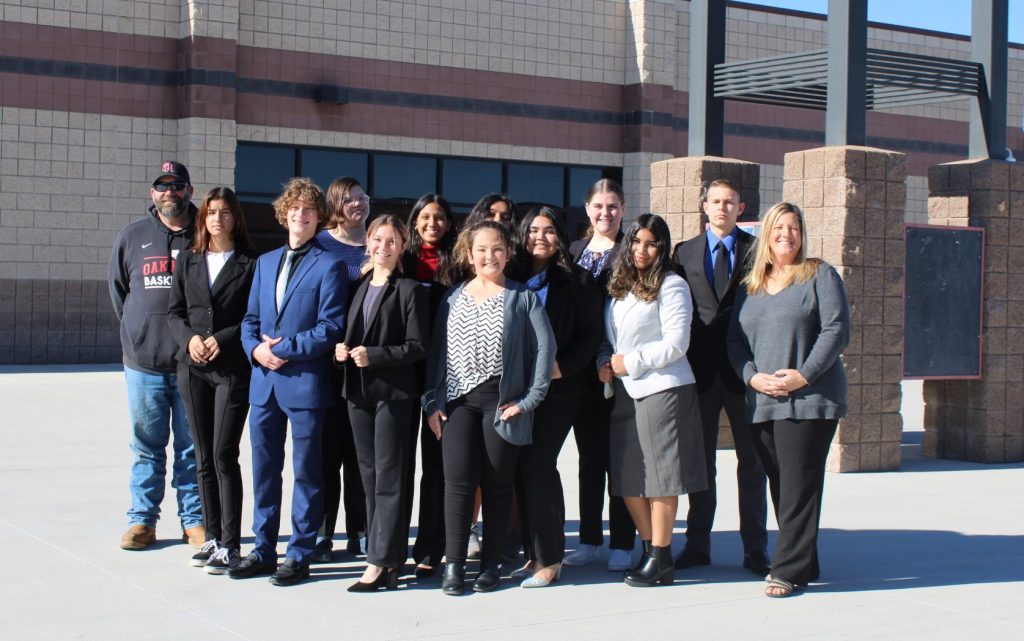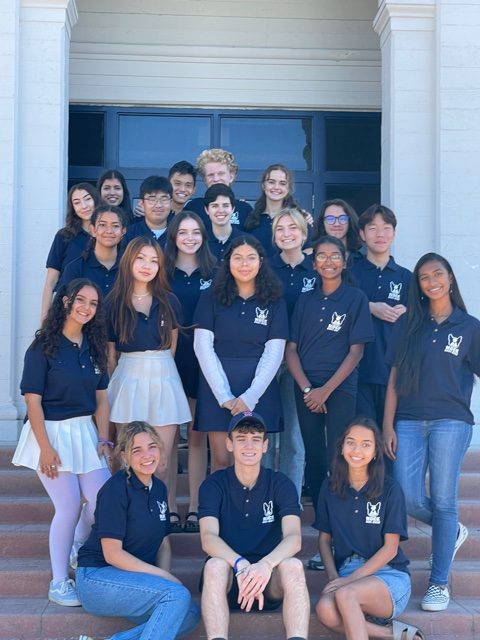A case of the new COVID-19 variant, Omicron, was confirmed at the end of November in California thanks to the state’s large-scale testing and early detection systems. This variant is a cause for concern, not a reason to panic, and public health officials are monitoring the situation.
Until we know more about the new variant, it is important to remember the four things we can do to protect ourselves and our families against COVID-19:
- Get fully vaccinated and get boosted
- Wear a mask in indoor public settings
- Get tested if you have symptoms or may have been exposed, and
- Stay home when feeling sick
California and federal health officials are working around the clock to study the new variant, including how it spreads, the vaccine’s efficacy against it and impact on COVID-19 symptoms. The reality is that the longer COVID-19 remains a threat, the most variants we will have to overcome. That’s why it is critical Californians get vaccinated to slow the spread of the dominant strains. Kids 5-11 are eligible for vaccines and adults who have already completed their vaccine series are able to receive booters in time for the holidays.
Based on what we do know about this emerging variant, I’m answering your questions below:
How can I protect my family from this new variant?
COVID-19 safety basics continue to be important tools to help slow the spread of COVID-19. First and foremost, everyone who is eligible should get vaccinated and complete their vaccination series. Get a booster when you are eligible. If you are sick, stay home and get tested for COVID-19. And wear a mask when it can protect you and others, especially in indoor public settings. N95 and KN95 masks offer the best protection.
Additionally, Californians are strongly encouraged to enroll in CA Notify to be informed when they have been exposed to COVID-19, or to anonymously report that they’ve tested positive. CANotify.ca.gov makes it easy for California to quickly alert others of possible exposure, allowing them to take the necessary precautions to reduce the spread of COVID-19 across the state.
Will the vaccines still work against the Omicron variant?
We are still learning about the new variant, including how it spreads and infects individuals as well as how it responds to vaccines. But we do know that variants will continue to emerge as long as there are large proportions of unvaccinated people. We have to remember that COVID-19 is a virus, it wants to live as long as possible by mutating into other variants, which is why vaccination is key to stopping it and its future variants in their tracks.
Right now, we know that all three COVID-19 vaccines remain highly effective in preventing serious illness, hospitalization and death associated with the main variant circulating in California: the Delta variant.
Will the tests we have in California be able to detect the Omicron variant?
The Omicron variant can be detected with PCR and antigen testing that is currently available in California. Testing is being expanded by the state at international airports, prioritizing arrivals from affected countries. The state is monitoring for the variant’s presence through COVIDNet, the unprecedented Whole Genome Sequencing Surveillance that utilizes sequencing data to help control the spread of COVID-19.
I have family overseas and I am worried about us and them traveling during the holiday season.
Travelers should follow guidance from the CDC. All air passengers, regardless of vaccination status, must show a negative COVID-19 test taken no more than one day before travel to the U.S. starting December 6. Additionally, the CDC recommends testing within 3-5 days after arrival, and unvaccinated travelers should quarantine for 7 days regardless of a negative test. If COVID-19 symptoms develop, travelers should continue to isolate and get tested again.
Where can I go to get tested if I have symptoms of COVID-19, or if I have been potentially exposed?
Californians can find a COVID-19 testing site online at MyTurn.ca.gov or by calling (833) 422-4255.
Where can families get more information about the vaccine and to make an appointment?
Visit the state’s websites at www.vaccinateall58.com or www.myturn.ca.gov for more information on the safety and effectiveness of COVID-19 vaccines and to make a vaccination appointment.
 Westside Story Newspaper – Online The News of The Empire – Sharing the Quest for Excellence
Westside Story Newspaper – Online The News of The Empire – Sharing the Quest for Excellence

